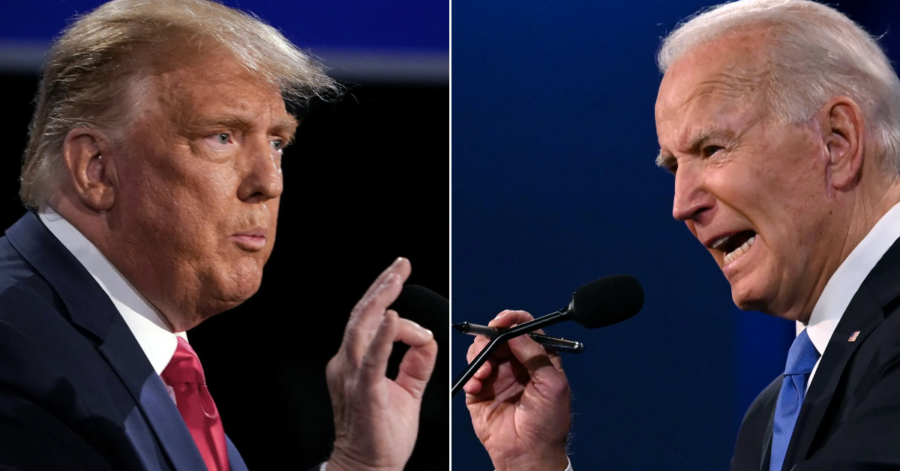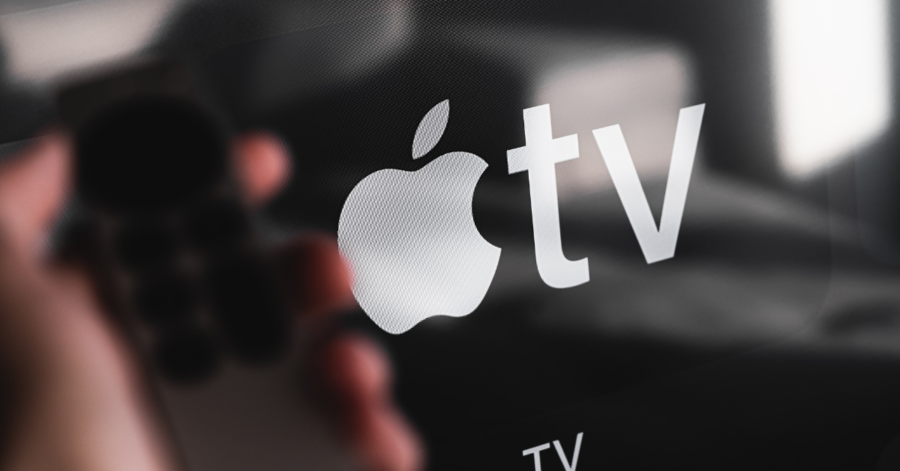If someone offered to pay you to do nothing, would you accept? You might reconsider after reading about former Meta employee Britney Levy. After working for the Silicon Valley giant for seven months, Levy was hired as part of Meta’s yearlong diversity program that hired workers from underrepresented backgrounds to work in the tech industry. In a TikTok video with nearly one million views, Levy stated that she was immediately put into a group of new hires who weren’t working and placed in an environment where they had to struggle to find work.
Being a paid employee of Meta without having a work requirement might sound like a dream come true, but many have been critical of the action. Britney Levy was hired during Meta’s diversity program and immediately placed into a non-productive group of workers. It would imply that the diversity program itself was, in all or in part, a sham. By hiring the employees but not providing them with work, new skills, or metrics to list on a resume, Meta would be able to boost its public image by touting the number of jobs being created. Some former employees stated that they felt Meta deliberately stalled their careers while “hoarding us like Pokémon” before ultimately releasing them.

Between November 2022 and March of this year, Meta has cut around 21,000 jobs, with the significant financial loss in 2022 leading to Mark Zuckerberg calling 2023 the ‘year of efficiency.’ The tech giant CEO stated that he “Got this wrong,” as the revenue surge during the pandemic was thought to be permanent by himself and other advisors. As a result, the company over-invested in other projects. Some blame Zuckerberg for being out of touch with consumers, while others point to the company’s inability to market the Oculus/Meta Quest 2 properly.
According to a report by CNBC, Meta – which gambled heavily on the success of the Metaverse – seemingly lost the bet and a total of $13.72 billion in 2022. The standalone VR device was set to revolutionize the entertainment world by providing experiences, games, and other social activities. While a robust VR community does exist, companies like Meta have yet to capitalize and use thousands of product demonstrations to help move units. The company also did itself no favors by increasing the introductory price of the Quest 2 – which was released in September 2020 -from $299 to $399 last fall.
While the number of employees being released during the downsizing certainly made waves in the tech industry and news headlines, there were some who praised the action. Silicon Valley venture capitalist Keith Rabois has said that many tech companies are bloated with employees and “nothing for these people to do,” while big tech chases metrics like the number of employees/jobs created that are sagging profits. Another big-name CEO who faced criticism for extreme cuts was Elon Musk, who got rid of around 50% of Twitter’s staff but experienced some very big bumps – including security issues and blackouts – along the way.

“Innovative” may be a word to describe a few of the big-name players in the tech industry game. There can be little debate about the success of Elon Musk and Mark Zuckerberg. However, despite their greatly fluctuating net worth and prior achievements, Musk and Zuckerberg seem to surround themselves with people who are unable to tell them “no,” with major PR blunders being the outcome. With net worths in the billions, Musk and Zuckerberg can afford to take great risks with Twitter and Meta. With growing scrutiny over tech industry privacy standards and former employees like Levy coming forward with stories of questionable hiring practices, only time will tell if the poor public image will be Big Tech’s Achille’s heel.
















